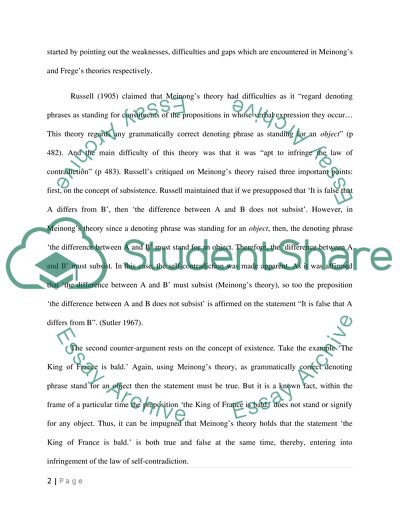Cite this document
(“Russells On Denoting Essay Example | Topics and Well Written Essays - 2000 words”, n.d.)
Retrieved from https://studentshare.org/social-science/1556567-russells-on-denoting
Retrieved from https://studentshare.org/social-science/1556567-russells-on-denoting
(Russells On Denoting Essay Example | Topics and Well Written Essays - 2000 Words)
https://studentshare.org/social-science/1556567-russells-on-denoting.
https://studentshare.org/social-science/1556567-russells-on-denoting.
“Russells On Denoting Essay Example | Topics and Well Written Essays - 2000 Words”, n.d. https://studentshare.org/social-science/1556567-russells-on-denoting.


